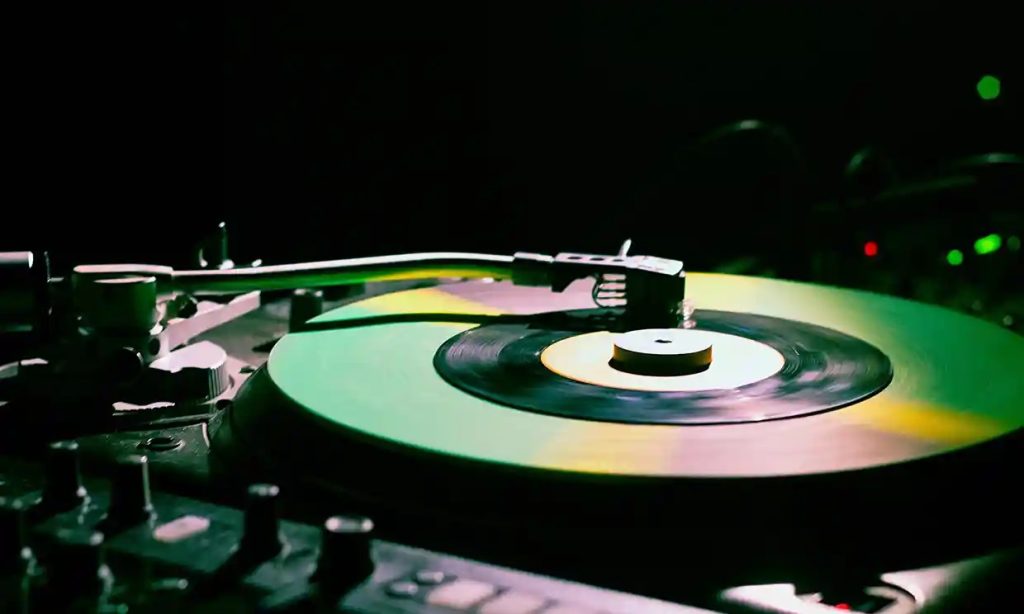
By Shirley Grinstein, 2L
Rap music has grown to become one of the most popular genres of music in modern culture. According to MRC Data, R&B and Hip-hop claimed over 30% of the United States’ video and audio streams in 2020. However, recent legal developments may revolutionize and change the industry forever.
Jamaica announced a ban on all music and TV broadcasts that glorify or promote criminal activity, violence, drug use, and weapons. The government specifically included a list of words and phrases that may trigger the ban including: “jungle justice,” “bank/foreign account,” “food,” “wallet,” “purse,” “burner phone,” and “client.” Through this decree, the Jamaican government seeks to demonstrate that criminality is not an accepted component of Jamaican culture and society. By criminalizing these lyrics, the act is an attempt to stop the spread of violence in Jamaica. Jamaica ranks the highest in homicides among all Latin American and Caribbean countries, with 46.5 homicides per 100,000 people.
Various Jamaican rappers voiced strong opposition to the prohibition on social media. Stephen McGreggor, a Grammy award-winning Jamaican singer and producer, believes the prohibition will do little to stop the high levels of crime. McGreggor thinks the government should focus its efforts on the economic hardships that are at the root of the increase in violence. Other Jamaican artists that voiced disapproval include Rvssian, NotNice, and Romeich.
On the other hand, some commentators feel the ban is a step in the right direction. Record producer Michael “Beatbopper” Hudgins said, “[w]e must not suppress the views of others, but we got to ensure our society is not degraded by the wrong type of lyrics.” Similarly in her op-ed piece, Tanesha Peeples wrote that listening to and watching murder, sex, drugs, and materialism as a form of “entertainment” has destroyed primarily Black, Brown, and poor communities.
The United States took the complete opposite approach on the matter. Instead of prohibiting criminal language in rap music, two states have recently passed legislation protecting artists’ creative liberty in court proceedings. The California State Senate passed Assembly Bill 2799, requiring prosecutors to present evidence that the lyrics are more probative than prejudicial in the given case before the lyrics can be introduced in Court. On September 30, the Bill was signed by Governor Gavin Newsom and became law. The New York State Senate similarly passed Bill S7527 on May 17, impeding prosecutors from using a defendant’s song lyrics as evidence in Court. This Bill has not yet been signed by New York’s Governor.
The question now becomes can a country uphold freedom of speech while simultaneously condemning content that promotes criminal activity? Will rappers now abandon the usage of explicit language that promotes illegal activity in their lyrics?




